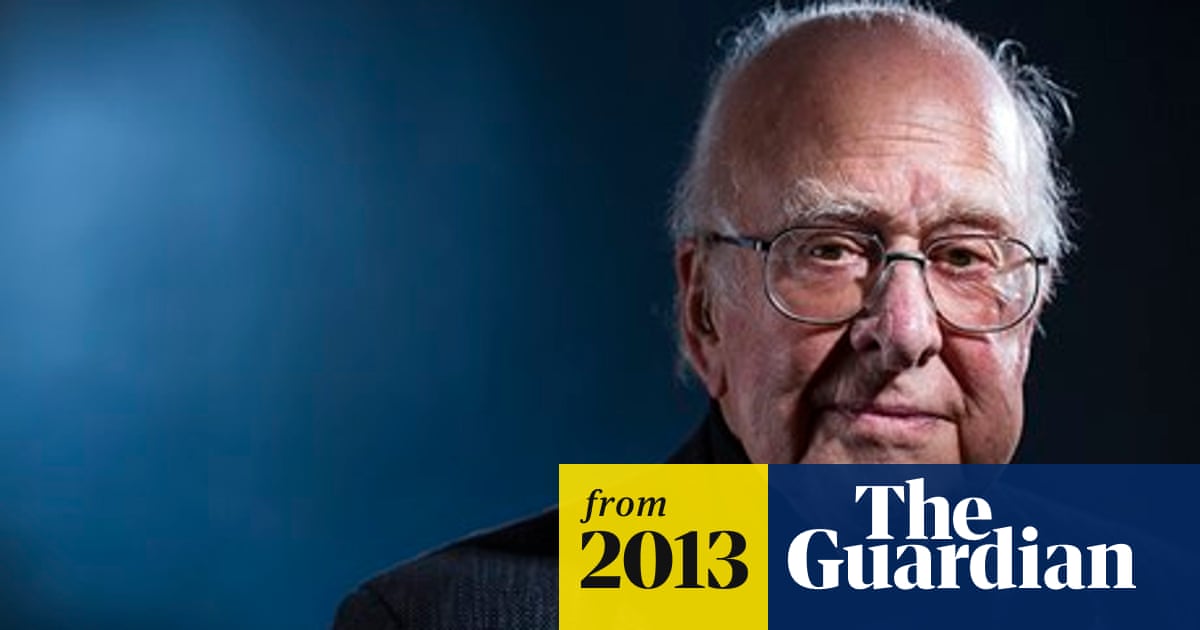This is the best summary I could come up with:
The emeritus professor at Edinburgh University, who says he has never sent an email, browsed the internet or even made a mobile phone call, published fewer than 10 papers after his groundbreaking work, which identified the mechanism by which subatomic material acquires mass, was published in 1964.
Edinburgh University’s authorities then took the view, he later learned, that he “might get a Nobel prize – and if he doesn’t we can always get rid of him”.
Higgs revealed that his career had also been jeopardised by his disagreements in the 1960s and 70s with the then principal, Michael Swann, who went on to chair the BBC.
Higgs objected to Swann’s handling of student protests and to the university’s shareholdings in South African companies during the apartheid regime.
"My attitude would depend a little bit on how much progress the lunatic right of the Conservative party makes in trying to get us out of Europe.
He has never been tempted to buy a television, but was persuaded to watch The Big Bang Theory last year, and said he wasn’t impressed.
The original article contains 575 words, the summary contains 179 words. Saved 69%. I’m a bot and I’m open source!
The best part is that academics can now pay for publishing, meaning that well-off junior academics can pad their CVs easily.



